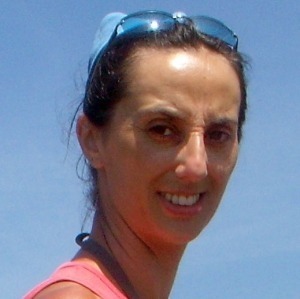

Researcher
Puri Veiga graduated in Marine Sciences in 2000 by the University of Vigo, completed her MSc in Biodiversity and Conservation in 2003 and her PhD degree in 2008 by the University of Santiago de Compostela. She is currently Auxiliary researcher at CIIMAR funded by the “Stimulus to Scientific Employment”. Her research is focused on marine biodiversity, from basic taxonomy to more applied issues, such as assessing anthropogenic effects on biodiversity, their consequences to human-wellbeing and as ameliorate them by using habitat-forming as nature-based solutions. Her previous research includes the description of a genus and 7 new invertebrate species to science.








